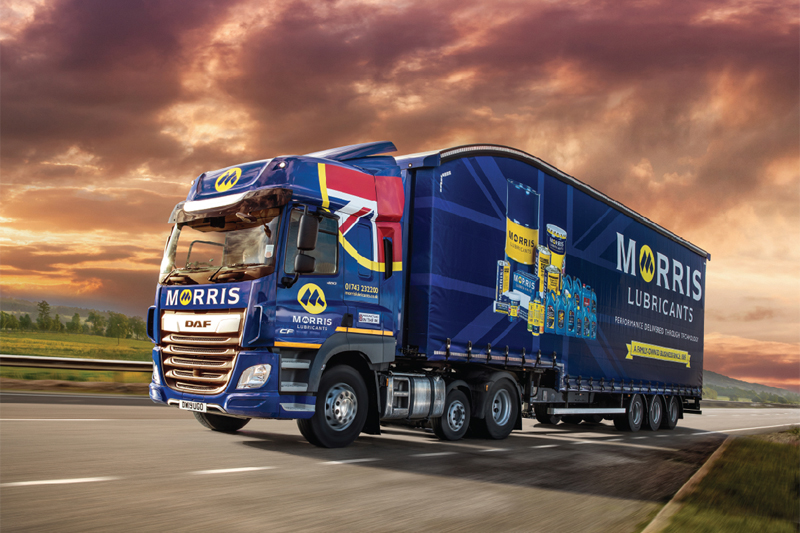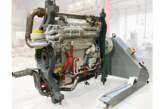
Andrew Goddard, Executive Chairman of Morris Lubricants and the new President of the UK Lubricants Association (UKLA), has his say on the role the lubricants industry has to play on the path to a greener future.
The UK has committed to carbon neutrality by announcing that the sale of internal combustion engine vehicles and hybrids will end by 2030 and 2035 respectively; what’s the opinion of Andrew Goddard? Mr. Goddard has warned that the lubricants industry faces significant challenges to its products, customers, and markets in the near future, but backed the sector’s record of innovation to evolve with the changing times to take new opportunities.
Whether vehicles are powered by electric or hydrogen in the future, he says there will still be a demand for lubricants. “Regardless of the market sector, the future could well be ultra-efficient engines running on low carbon fuels that use biosynthetic finished lubricants made from sustainable sources,” he adds.
“We have always been an industry driven by change, from new automotive standards to the advent of synthetic base stocks that underpin the performance of our finished products, and latterly the move to new sustainable sources of raw materials and environmentally-compliant products.
“It seems that at every turn we are confronted by a new set of regulations and a new set of market standards. I say that is a positive step because a constantly changing environment is essential for companies, keeping us on our toes and ensuring that we remain competitive as our own future survival relies on constant innovation.
“Regulation ensures that we continue to meet market expectations and exceed our customers’ exacting standards. Even the ending of the sale of internal combustion engine vehicles will drive innovation built on better performing multi-purpose oils and lubricants that are environmentally acceptable.”
UKLA members are already developing specially tailored lubricants for electric and hydrogen vehicles and new formulations are being manufactured using more sustainable raw materials, such as corn, maize, soya, and even hydro-based.
“The next 100 years will be typified by companies that can capitalise on the fourth industrial revolution,” continues Mr. Goddard. “The nature and characteristics of our society may well change faster over the next generation than they have over previous decades.

“Global economies will still need to manufacture goods, the service economy will still need to cater for people’s needs, there will still be mass transportation, international trade will still need to take place and both people and goods will still need to get around. Our sector can enable mobility, we can support the free flow of goods across national borders, we can underpin international trade and personal transportation if, and only if, we are seen to be part of the solution and not part of the problem.”
Mr. Goddard is the second person from Morris Lubricants to become UKLA president, with former Chief Executive John Alton having held the post in 2012.
Having been Vice President for eight years, he has agreed to become President for two years and has stood down as Chairman of the Verification of Lubricant Specifications, a subsidiary of the UKLA.
“It is a huge honour and I am very proud to be UKLA President,” he says. “I must thank Morris Lubricants for supporting me and allowing me the time to give to this important role. It’s an exciting time with certainly some challenges ahead, but there will also be a lot of opportunities created as well.”
Mr. Goddard is the great-great-grandson of James Kent Morris, founder of Morris Lubricants. The company has been manufacturing lubricants in Shrewsbury since 1869 and is one of Europe’s leading oil blenders and marketers.
Exporting to countries around the world, the company has a reputation for upholding the UKLA’s high standards with the quality of its products, research and development, and customer service.








